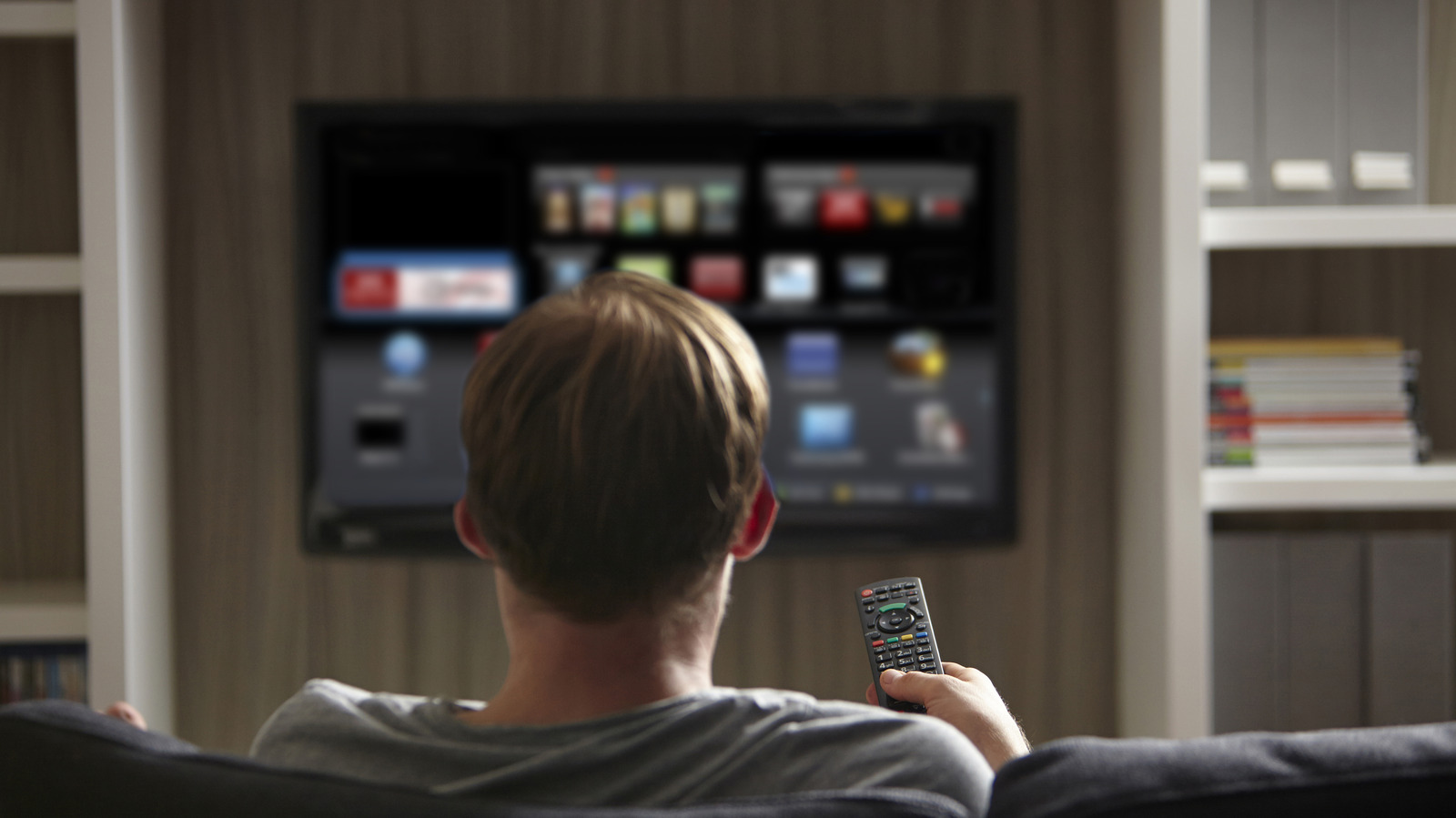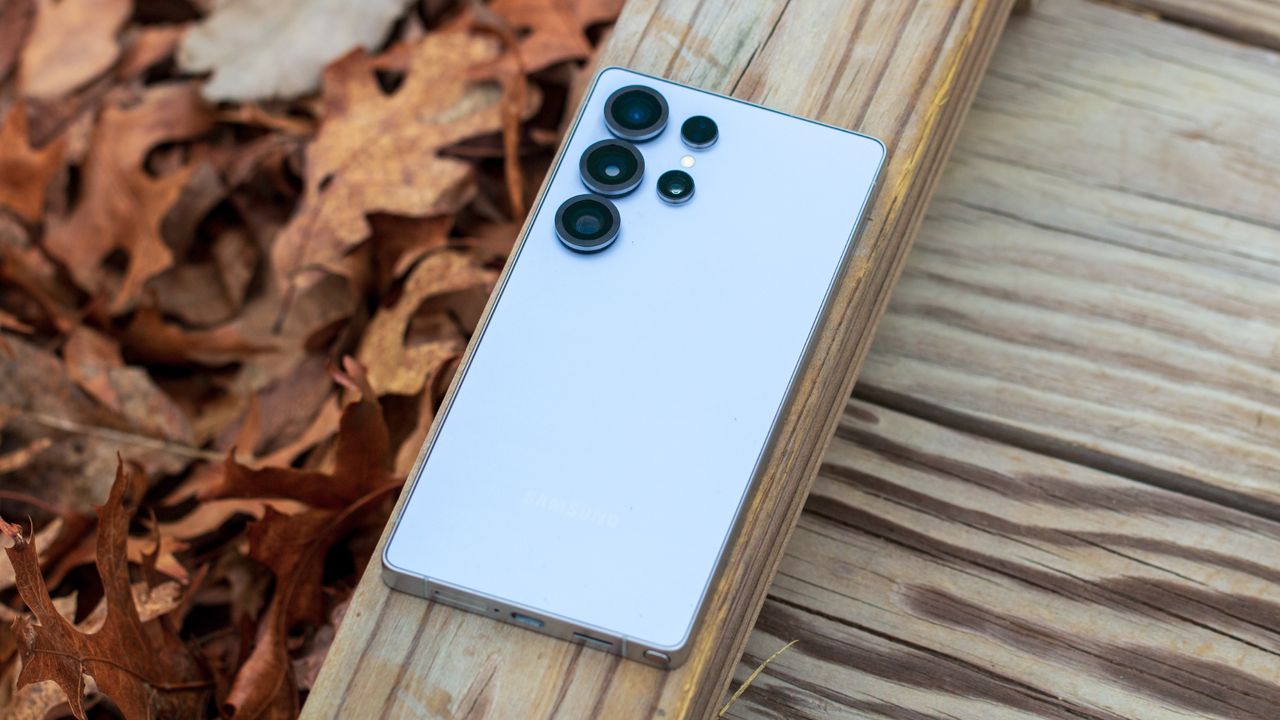An exclusive New Money lesson on saving money & making it work for you ... See theres a benefit to my 9-5
What’s my 1st step?
Your mattress can only hold so much funds, so first things first, open a checking and savings account. Why use a bank? Keeping your money in a bank is safe and convenient. They’re federally insured and take liability in case your funds are accessed illegally. A checking account will allow you to have the safety of the bank as well as access to your funds 24/7 through ATMs and online banking. Savings will be where your extra funds go to earn you interest.
How do I know which bank is best for me?
Any given day in NYC you can take a walk and see at least 15 different banks. I’m partial to one in particular but that’s just me. Most people choose based on proximity. Close to my house, job, whatever. You must dig a little deeper and these questions will help you decide:
- Is there a minimum balance to avoid monthly fees? All banks require a minimum opening deposit. Most banks also require a minimum balance to avoid fees. Avoid balance requirements and instead choose an activity driven account such as direct deposit, debit card purchases or online bill pay. Remember we’re trying to save.
- Are there ATM fees? The #1 fee paid by consumers to banks is the ATM fee. You must choose a bank that has accessible ATMs. Every bank charges fees for using another bank’s ATM, so find one that stands out.
- Does the account pay interest? Obviously you’re going to want free money so this is self-explanatory. Interest is more important savings account wise because that’s the account we need to grow. Every bank has a rate sheet so compare one to another.
- Is there overdraft protection? Overdrafting is the #1 issue consumers have with banks. It occurs when your purchases/withdrawals exceed your balance. This results in fees equaling hundreds of dollars. You must keep track of your balances. They will not do it for you.
- Is online banking available? This is necessary to account for your money wherever you might be in the world. Online banking allows you to receive alerts (texts, email) on your account, as well transfer funds when the bank closes for the day. It’s easy, straight forward as well as FREE!
Where do I go from here?
The next step is to get your finances in order. Primarily, your monthly expenses. Your balances can not grow if you spend more than you make. That LV bag and those Prada shoes can wait. You must eliminate debt, such as credit card balances.
- Figure out necessities and eliminate luxury – Phone, food, rent are necessary. Excess parties and new shoes to add to a closet full of shoes. Unnecessary.
- Make a budget – Total your monthly bills and make payments on time. Figure out what your daily living expenses are and make changes accordingly.
- Leave your self a cushion – Pick a specific amount – $50 or $100 – treat it like a no-spend zone. That way a small mistake won’t leave you broke.
- Increase savings – Funnel extra funds into your savings account. Rainy days are always around the corner, so you must be prepared.
- Stick to it! – The #1 issue people have with saving is will power. With so many credit cards out there and all those sales dipping into savings is dangerous. “Oh, I can replace the funds on my next check.” Yeah, until you see that credit card bill. One tip: forget you have a savings account. Out of sight out of mind.
There has to be a better way to make my money grow?
Whether you’re looking to save money for an emergency, dream vacation, new house, or education, banks and other financial institutions have a variety of accounts to help you meet your financial goals. Basic savings accounts allow you the ability to put money towards a specific goal and access your money when needed. But the old adage comes in, “scared money don’t make money.” Risk is inevitable, so a little must be taken to reach your financial goals.
Certificate of Deposit (CD’s) – A CD is an account where you’re provided a fixed rate of return over a specified amount of time. The risk here is that you can’t access these funds over that period. You must be willing to not touch these funds because a penalty will be enforced if the CD is broken.
Investment – Nowadays the word invest strikes fear into the heart of even the savviest investor. The risk varies based on stocks, bonds, mutual funds or a portfolio that contains all the above. Fees can be assessed upfront, over time or not at all based on holding period. For the recession weary consumer, banks offer customized solutions which allow you to diversify while having your account professionally managed. You receive the guidance you need while investing efficiently.
Future Planning
Now that you finances are in order and you’re saving some money, you have to start thinking towards the future. Retirement seems far away, but if you don’t start now when it’s time to retire you will be searching for part-time employment to survive.
Should you open a Roth IRA? A Traditional IRA? Or put a little money in both?
Generally, a Traditional IRA can be beneficial if you’re eligible to make deductible contributions, and you expect your tax rate during retirement to be lower than it is today. On the other hand, a Roth IRA may be a wise choice if you expect your tax rate to be the same or higher during retirement. The answer really depends on your unique situation. So contact a Financial Adviser to help you choose an IRA that’s right for you.
So what now?
Get your account in order, set a budget, prepare for the future, and don’t do it now—DO IT RIGHT NOW. Fixing finances helps financially as well as mentally. So go get that peace of mind.






1 comments:
Loving it, Loving it, and loving it some more. Especially during a time like this. Everyone should be reading.
Post a Comment